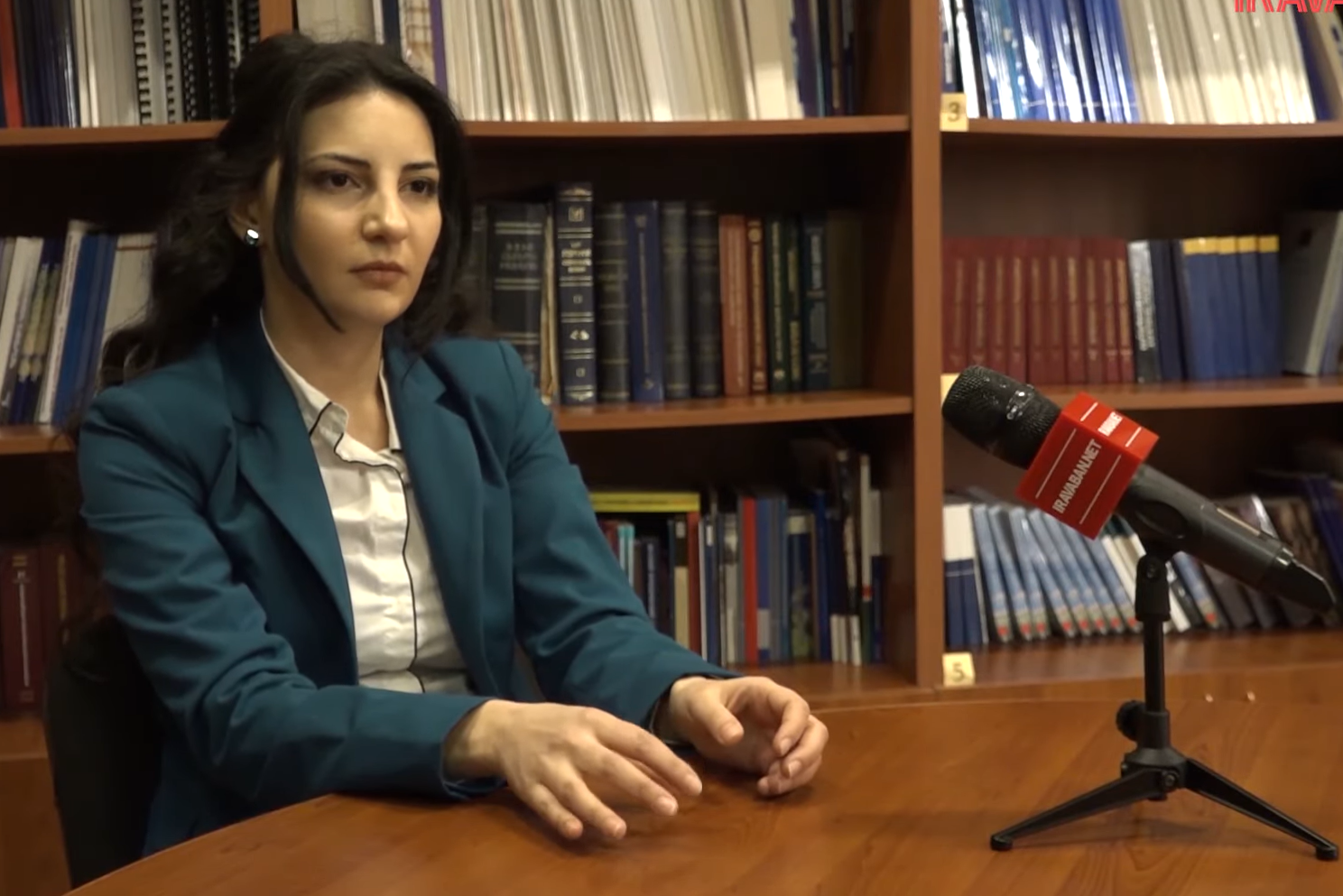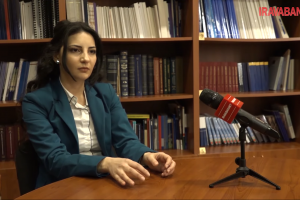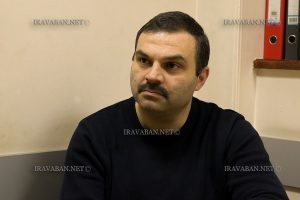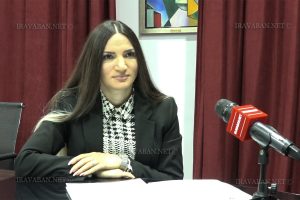“First of all, it is still unclear what the vetting is, and on the other hand, whether the vetting of the judiciary was a success or at least a reality. I think the legal system in general needs to be improved and “cleaned up”, and advocates in this system may be the last in global meaning,” Gayane Demirchyan, a member of the Chamber of Advocates, told Iravaban.net. referring to the speech of the Acting Chairperson of the Supreme Judicial Council Gagik Jhangiryan a few days ago, where the latter expressed an opinion on the vetting of advocates.
Demirchyan noted that vetting of advocates can have very dangerous consequences. “First of all, advocacy is an independent and free profession in itself, and the use of state leverage can first of all undermine that independence. While applying to an advocate, everyone expects unimpeded protection, and if the state’s influence/control over the advocate increases, trust in the advocate may decrease, giving the impression that the advocate is a government employee.” she said.
The advocate noted that it was noteworthy that in the early stages of advocacy, this problem existed, especially in the criminal sphere, when people thought that the advocate was working with an investigator, prosecutor or judge.
“I can definitely say that this problem has been overcome, during the last 10 years, as the public trust in the advocate is quite high,” she said.
Gayane Demirchyan is hopeful that the state will not take steps that would restrict or constrain the independence and freedom of advocacy. “However, if such steps are taken, we will have nothing left but a united struggle,” she said.
Referring to the fact that Gagik Jhangiryan justified his opinion, saying that today many advocates are gaining recognition, as it is very easy to communicate with law enforcement agencies and courts in various cases, the advocate said. “I will not repeat again, I think that problem existed, maybe it still exists, but it is definitely not of such a size as to force the state to waste resources in this regard. Besides, as I mentioned before, vetting of advocates should be considered the last.”
According to the her, when the state fulfills its positive obligation, cleansing the state apparatus from vicious phenomena, the advocates will purify themselves. She noted that today the state has all the levers to detect corruption and fight against it. “Who or what are they waiting for? Let them act. And if it does not work out well, let them look for the problems in themselves – bad staff, wrong tactics, incompetent specialists, etc.,” the advocates said, adding that she is more than sure that after all those reforms, there will be no need to vet advocates in this regard.
Demirchyan says that currently there are still appropriate mechanisms, in particular, disciplinary proceedings against advocates, which is quite more effective; rather than vetting.
Referring to the claims of some experts that if vetting is the basis for the reform of the advocacy institute, then this reform can be carried out by dividing one chamber into unions, the advocate said that she had always opposed the formation of unions and believes that the existence of one chamber is right.
“Reforms should be made in this regard, which will contribute to the depoliticization of the Chamber and the School of Advocates and the organization of more open, transparent and free elections of governing bodies,” advocate Gayane Demirchyan said.
Lusine Hakobyan


















